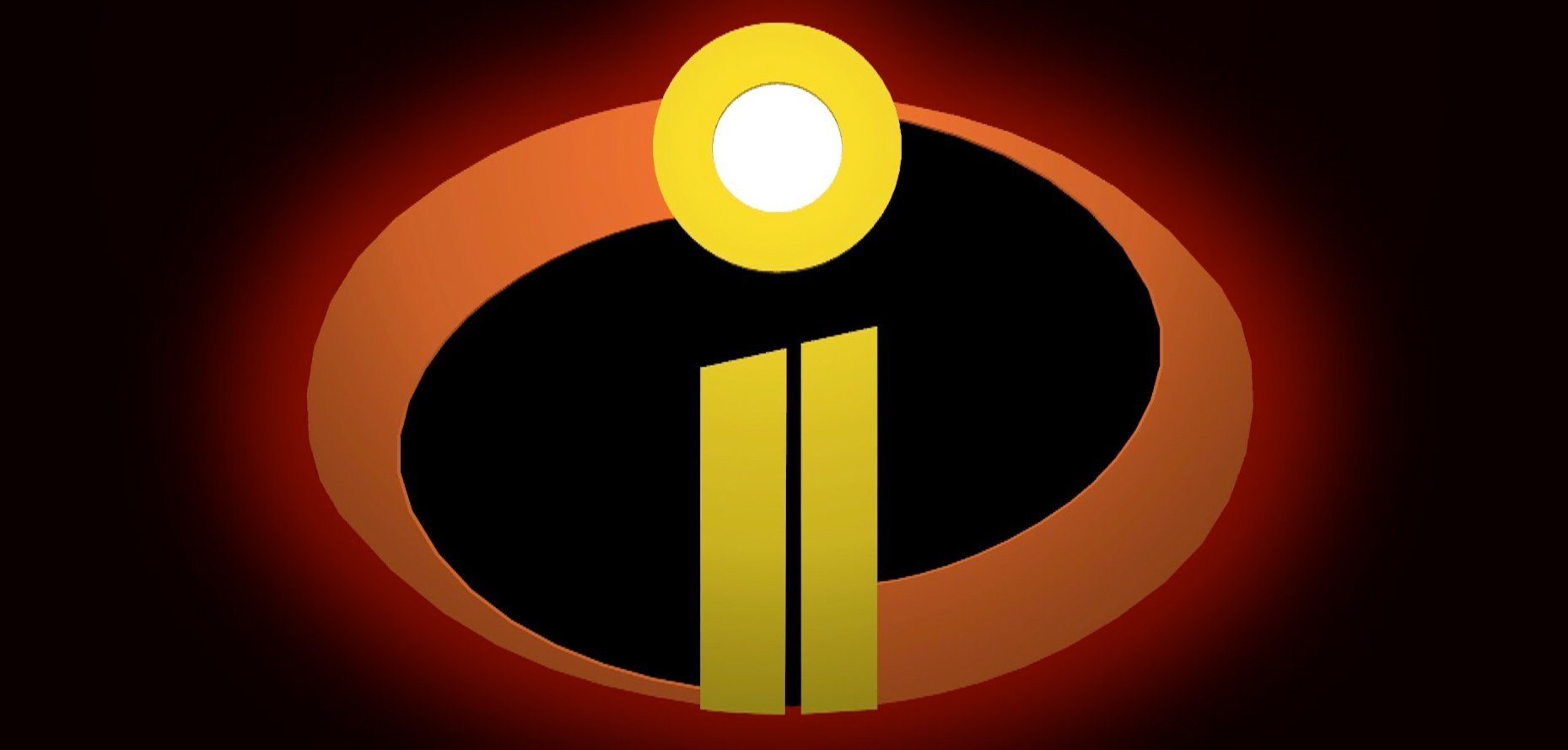Opinion: Film Industry Needs to Catch up

With Netflix's Roma securing a substantial number of prestigious Academy Awards under its belt and "Black Panther" being the first major studio SuperHero movie to receive a Best Picture nomination, you get a general sense that Hollywood's days of patting themselves on the back for token efforts to address societal race relations are numbered. The film industry is entering an era of change, and it’s struggling to keep up.
Unfortunately, as Steven Spielberg has demonstrated in his address to the Academy of Arts and Sciences regarding a desire to disqualify original productions backed by premium streaming services, its more senior element is apparently more at peace with resisting said change then properly adapting to it. I have the utmost respect for Steven Spielberg; even ignoring the substantial number of stupendous films that the man has created, shaping a sizable portion of pop culture as we know it. His work and methods as a producer have formed the foundation of the modern Hollywood blockbuster, which has become the heart of the film industry that shows no signs of disappearing any time soon.
For these reasons it's more than a little bit disheartening to see such a visionary utterly lacking in foresight by displaying a level of pretentious elitism that flies in the face of his crowd-pleasing acclaimed production, but has been driving audiences away from cinemas for years now in favor of a wider gap between art and consumer products.
As an advocate for quality cinematic experiences I will be in support of theater-going until the day I die, but Spielberg and those of his mindset seem to be forgetting that the reality of film is that its industry’s operated by selling its products in theaters because that was the most viable option when it was burgeoning industry roughly a century ago. Furthermore, this mindset of condemning the technological advances of internet-based delivery not only undermines something that can unite fans of film worldwide in ways that no theater-going experience could possibly match, but it also fails to understand what gives a film its power.
As accustomed as audiences are to visiting cinema auditoriums, the reality is that movies are not bound by the same restraints as other art forms. Music concerts are actively helped or hindered by acoustics, and stage plays rely on the lighting and setting intimacy of small auditoriums to assist actors in delivering atmospheric performances that have to project everything that film can simply depict through the powers of cinematography and editing. The purity of the viewing experience isn’t about watching it in a single location; it’s about watching it and taking it in via an acceptable platform, whether that be your living room TV or your smartphone on a plane ride. Spielberg is undoubtedly correct in that premium streaming services are going to disrupt the theatrical distribution model. What he has failed to comprehend in his desire to preserve a moving and enriching aspect of the culture, however, is that the model he’s fighting for is being choked to death by its own obsolescence.
There will always be a place for theatrical experiences and nothing quite compares to watching a special movie for the first time with a group of people that are just as into it as you are while just as unprepared to be moved in that auditorium. That once in a blue moon screening, however, is buried beneath a number of theater trips that only bring to mind issues of awkward seating arrangements, overpriced concessions, rising ticket costs hitting the wallet and swaths of rude and disruptive people that don’t share a reverence for the theater experience.
As long as people with passion are willing to pay extra money for special experiences, there will always be a market for the movie theater but Netflix, Hulu, and Amazon Prime aren’t killing the theatrical experience — progress is. The more the movie industry wants to resist that progress, the harder the theaters will inevitably suffer.
Graduating from Texas A&M University—Commerce with a bachelor's degree in News and Editorial Journalism, Jordan Wright has lived most of his adult life professionally critiquing films, from major blockbusters to indie dramas, and has no intentions of stopping.





